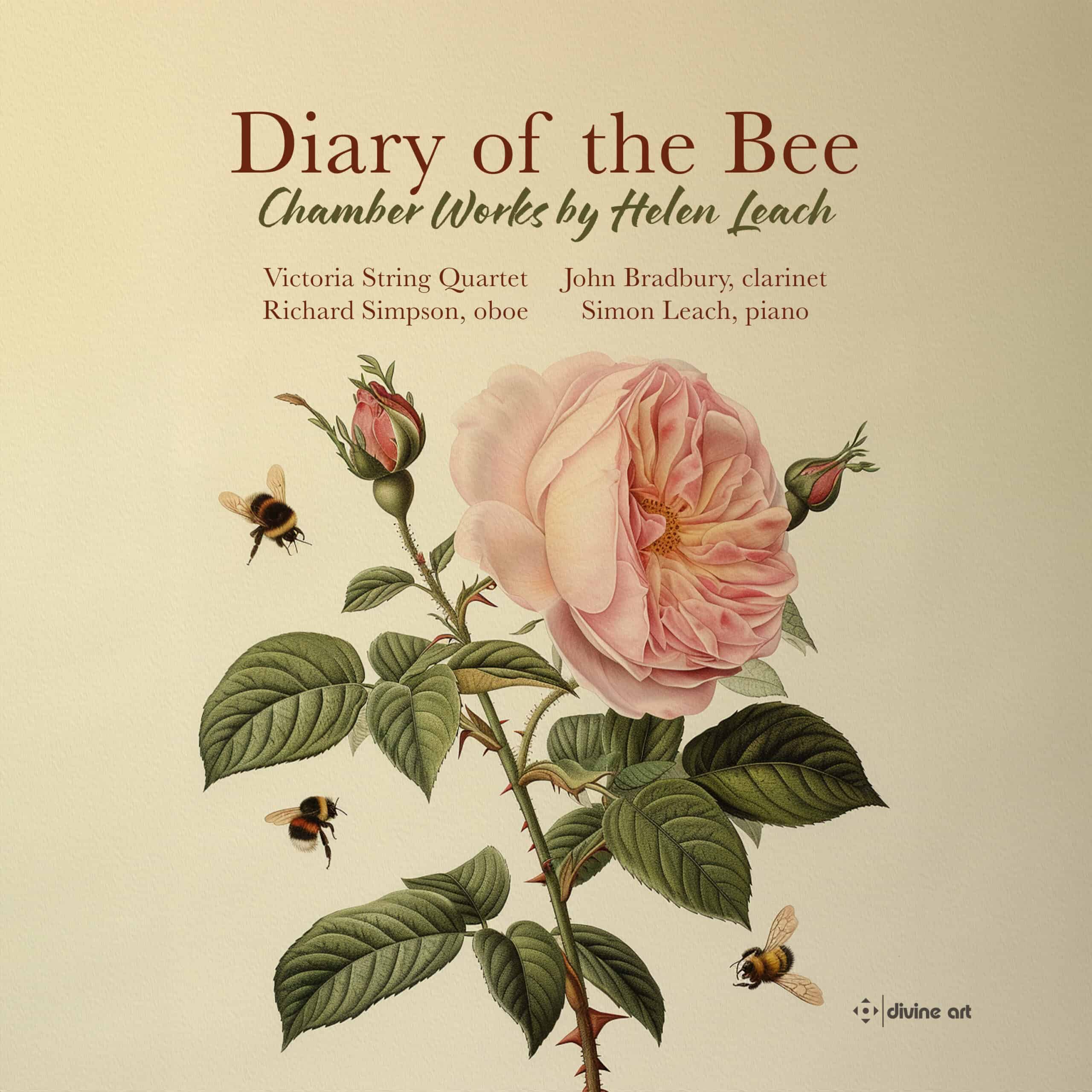Clarinet and Saxophone Magazine
Helen Leach’s career as a composer (which draws on her background as a clarinetist, has developed significantly around her experience of chamber music and her penchant for nature and landscape. She is partial to the exquisite countryside of her birth in the Scottish borders and this interest has been enriched by her present position as Composer in Residence at Marchmont House Berwickshire, an inspiringly scenic location “far from the madding crowd’. Indeed, one might describe the luxuriant surroundings of the estate, once overseen by another passionate advocate for music, Robert Finnie McEwen (a friend of Stanford, Vaughan Williams, Somervell and Boutt), as part of an artistic symbiosis since much of the music on this CD derives its creation from Marchmonts natural beauty.
Leach’s love of the pastoral, which reveals an affinity for an earlier 20th-century British ‘school’ of composers (such as Vaughan Williams, E. J. Moeran, Gerald Finzi, Herbert Howells, Patrick Hadley and others) is evident in much of the repertoire with its fondness for lyricism, rhapsody and an unobtrusive injection of Scottish colour. This is especially evident in Prelude for a Royal Swan, the Melrose Rhapsody, An Edinburgh Farewell (a tribute to Prince Philip) and the solo quasi-baroque suite for cello, Letters from the Owl House.
Where Hope Was Sown, dedicated to Oliver Burge, is a set of evocative miniature movements scored for oboe and string quartet, and the bucolic atmosphere of these evocative, illustrative pictures is echoed with even greater nostalgia in the works for clarinet and string quartet. The autumnal, occasionally melancholy ambiance of this instrumental combination finds an earlier romantic locus in Brahms’s famous quintet and Howells’s glorious Rhapsodic Quintet, but it was also very effectively exploited in the music Derek Bourgeois produced for the masterly BBC series of Anthony Trollope’s Barchester Chronicles made in the early 1980s.
Leach seems in her element working with the tinctures of this sensitive amalgam, and her understanding of the clarinet’s athleticism, generous tessitura and dynamic range serves to give Tenera Caritate (Tender Charity), the longest work on this recording, and the affectionate, gossamer sounds of Diary of the Bee (a work which touchingly conjures up mental images of those naive drawings for the poems of William Allingham), a soothing, numinous poignancy. The performances on this CD by Richard Simoson (oboe), John Bradbury (clarinet) and members of the Victoria String Quartet are also executed with stylistic and diaphanous sympathy.
@divineartrecordingsgroup
A First Inversion Company
Registered Office:
176-178 Pontefract Road, Cudworth, Barnsley S72 8BE
+44 1226 596703
Fort Worth, TX 76110
+1.682.233.4978












